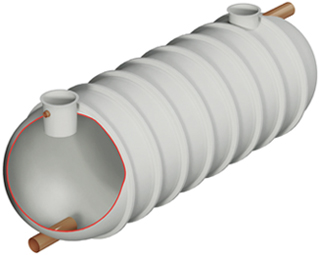In August this year a giant clod of food, fat and wet wipes the size of a London bus was removed from the sewers in Kingston. Had the blockage not been discovered in time it could have caused houses and manholes in the street to be backed up with sewage. Now, along with the backing of water providers across the country, experts are calling for people to bin their wet wipes and sanitary products instead of flushing them.
Millions of pounds have been spent in the UK clearing blocked drains already – Thames Water spends £12m annually alone – and if the problem isn’t resolved, many areas could face a toxic waste epidemic on their streets. The problem arises because unlike normal toilet paper wet wipes don’t break down in a flush, instead they compact and stick in pipes along with congealed fat and eventually cause problems throughout a network of pipes. Wet wipes are produced to be stronger, thicker and more durable – the EDANA (European Disposable And Nonwoven Association) will label any product which is flushable so you know which items you can flush and which you cannot.
Whether it is baby wipes, or face wipes, these are very rarely suitable for flushing because they do not shred. In America the problem became so bad that special shredding equipment had to be installed in drains to ensure the smooth flow of traffic in sewers, however this comes at a massive price, and what most people may not realise is that the water companies pass on this cost to the public.
As specialist drainage contractors we can offer drain jetting to combat this problem as well as the installation of special drainage systems but this can often be avoided if the right attitude is taken towards flushing. The strain on the drainage network in both your home and in the streets is getting larger and the danger of overflow into the streets and homes is ever more likely.
Shreddable wipes are being worked on and a foam for toilet paper has been developed, but for the time being no cleaning products without EDANA approval, other than toilet paper, should be flushed – whether the wipes are celebrity endorsed or not (most recently Will Smith was involved with a beauty product, wet wipes included, campaign). These products go to landfill but having to first pluck them from the drains is both costly and not at all hygienic for anyone. If they went directly to landfill where they aren’t meant to it would save a great deal of time and money for the public.
The amount of wet wipes being flushed has both an impact on the environment both because they cause sewage to back up and because they are plunged into landfill. If we want to avoid a crisis in the UK everybody needs to think more carefully before flushing. An alternative to flushing wet wipes is to bin them in your household or keep a sanitary bin in the bathroom to dispose of these items.
Go back to









